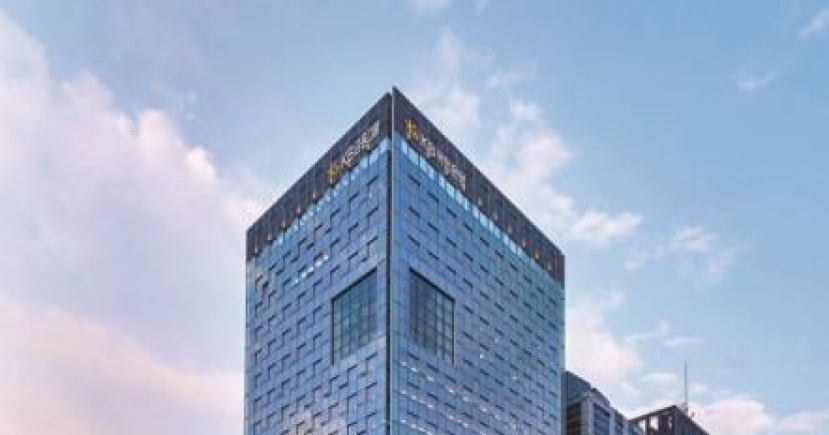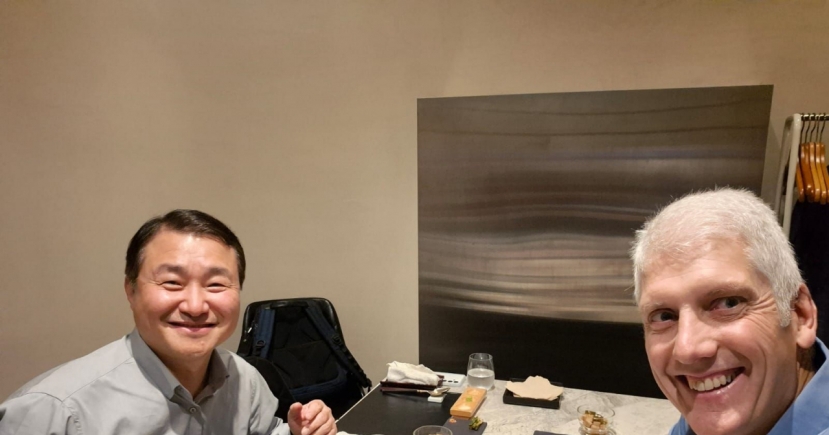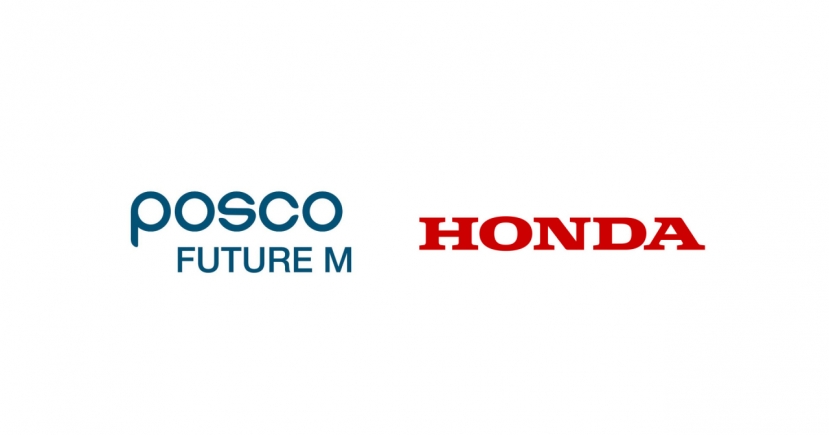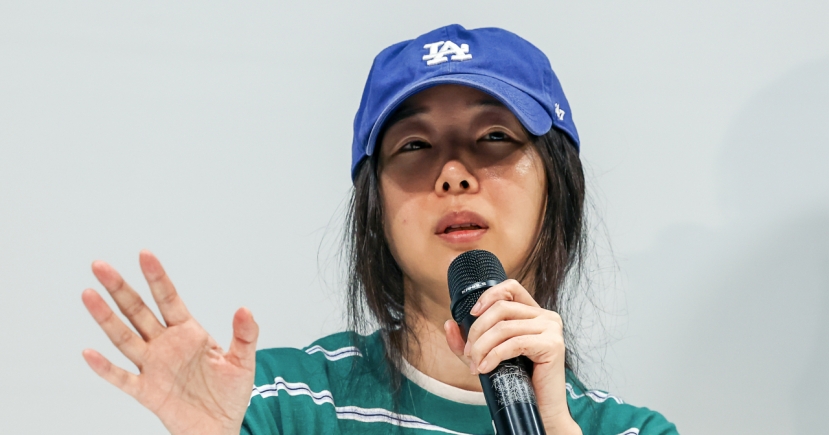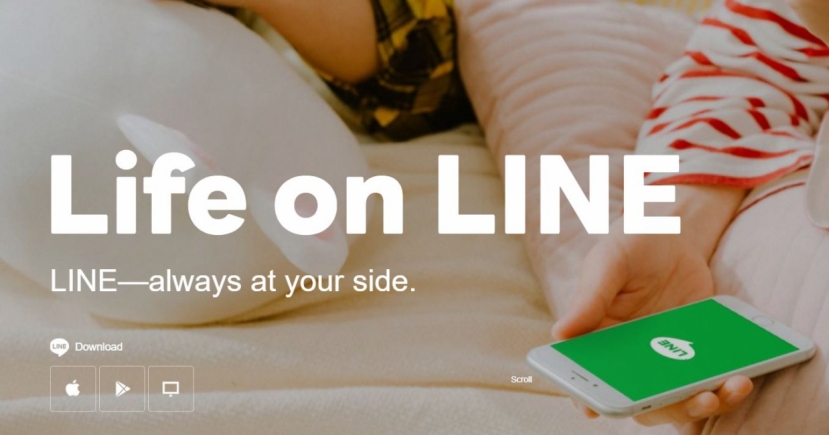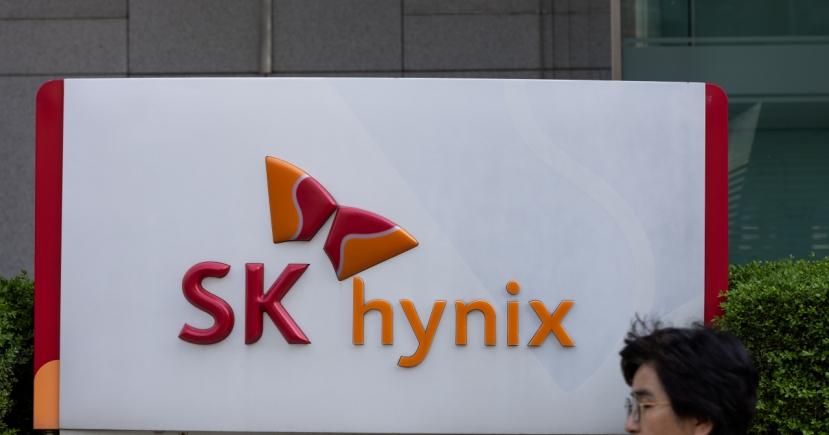Bio
Celltrion eyes bigger share in Japan’s Remicade market
[THE INVESTOR] Celltrion is renewing its commitment to Japan’s 1 trillion won (US$890 million) Remicade market -- huge but untapped -- for its copy drug Remsima which has seen tremendous success in Europe and the US.
Japan is the second-largest market for Johnson & Johnson’s rheumatoid arthritis therapy Remicade following the US. Remsima, priced about 35 percent cheaper, debuted in the market in 2014.
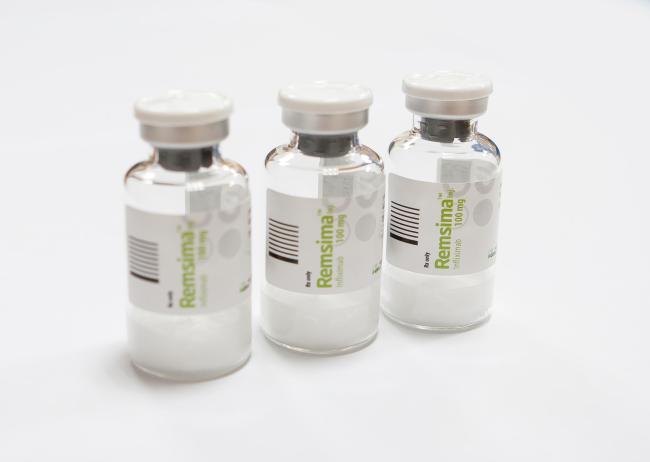 |
But the drug sales are not benefiting from cheaper pricing due to the Japanese government’s generous insurance coverage for the original drug.
“Consumer demand for biosimilar drugs is not so high in Japan as Remicade is well-insured. For the same reason, doctors also prefer to prescribe the original drug over the copycat,” said an industry source who declined to be named.
According to industry data, Remsima, the world’s first Remicade biosimilar, has taken a tiny 5 percent stake away from the original drug in Japan, as against more than 40 percent in Europe.
“Still, Japan is an important market for us,” said an official from Celltrion’s marketing unit Celltrion Healthcare. “We will focus on enhancing sales networks to boost Remsima sales there.”
Adding to its local partner Nippon Kayaku, the Korean firm is making a big sales push by setting up a separate marketing unit -- the same two-brand strategy it used for the European market.
While Celltrion’s crosstown rival Samsung Bioepis has no immediate plans to launch its biosimilar Flixabi in Japan possibly due to the high entry barrier, a smaller biosimilar maker Aprogen is preparing to enter the tricky market in December.
Unlike its bigger rivals that focus on Europe and the US, Aprogen has poured resources into the Japanese market by conducting all clinical trials for its Remicade biosimilar candidate GS071 in the country only and teaming up with Nichi-Iko Pharmaceutical, the largest generic drug maker in Japan by sales.
“We have targeted the Japanese market from the beginning due to the market potential,” said Aprogen CEO Kim Jae-seop. “We are pinning high hopes on appealing to local consumers as our Remicade biosimilar is considered Japan’s first home-grown biosimilar.”
The GS071 is also expected to be offered at a whopping 80 percent cheaper price than the original drug.
By Park Han-na (hnpark@heraldcorp.com)


